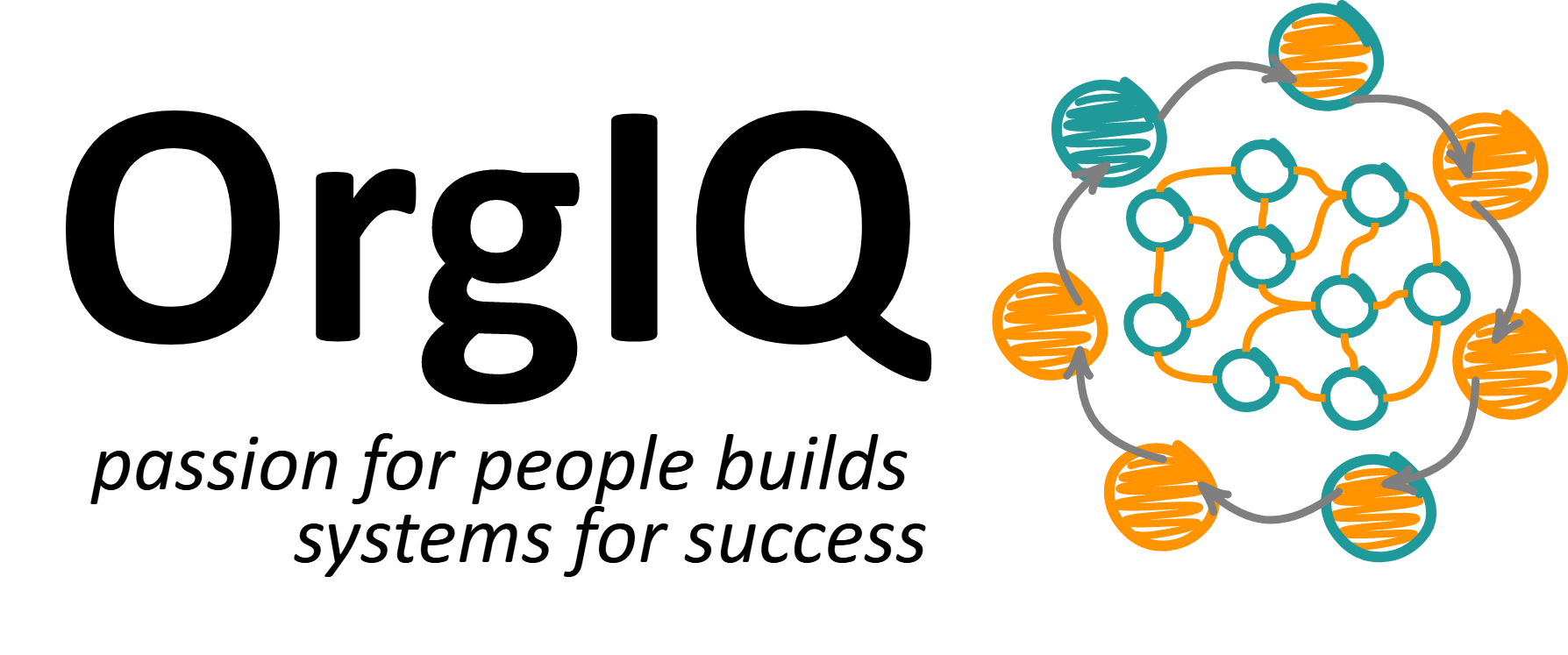In today’s diverse workforce, appreciating the distinct cognitive capabilities of generalists and specialists is key to fostering a productive and innovative organizational environment. Neurodiversity, which celebrates neurological differences as part of human variation, provides a valuable framework for understanding how these roles can be best integrated and utilized in professional settings. This article delves into the existing literature and data on the cognitive distinctions between generalists and specialists, exploring their unique contributions and the potential pitfalls of forcing one into the role of the other.
Cognitive Profiles of Generalists vs. Specialists
Generalists and specialists occupy two distinct points on the cognitive spectrum, each bringing unique strengths to the table. Generalists are known for their wide-ranging knowledge and adaptability, thriving in roles that require them to apply broad thinking and pattern recognition across diverse domains. Their ability to engage in systems thinking allows them to understand and manage complex networks of information, making connections that might elude more narrowly focused minds.
Specialists, on the other hand, excel in their deep, concentrated knowledge of specific fields. Their brains are often fine-tuned for intensive, focused tasks, displaying enhanced development in brain regions associated with detailed task performance.
Neurological Underpinnings
Cognitive neuroscience suggests that these differing capabilities may stem from variations in brain structure and function. Research published in Nature Neuroscience indicates that while generalists activate multiple brain networks to integrate diverse information, specialists show intense activity in particular areas, indicating a deep, focused cognitive approach.
The Challenge of Conformity in Education and Work
Despite their valuable skills, generalists often face pressure to conform to specialist roles, which are more straightforward to define in educational settings and job descriptions. This forced conformity not only limits their potential but also represents a significant loss for organizations that overlook the broad analytical and integrative abilities that generalists bring. Their prowess in pattern recognition and systems thinking is crucial for roles that require oversight of complex processes and innovation management.
Distribution and Recognition in Organizations
Historically, the education system and many industries have favored the cultivation of specialists due to their immediate fit into defined and measurable roles. However, as business environments become more dynamic and interconnected, the need for professionals who can navigate and link multiple specialties is growing. Data from workforce analytics confirms that innovative companies often maintain a healthy balance of generalists and specialists, harnessing their combined strengths for enhanced problem-solving and adaptability.

Leveraging Neurodiversity for Organizational Success
Embracing neurodiversity means recognizing and valuing the different ways in which generalists and specialists contribute:
- Innovative Problem-Solving: Teams that include both types of thinkers can tackle challenges from varied angles, leading to breakthrough innovations.
- Career Flexibility: Organizations can create dynamic career paths that allow employees to explore roles that match their innate strengths, whether broad or specialized.
- Optimized Task Alignment: By understanding the natural inclinations of generalists and specialists, leaders can assign tasks in a way that maximizes both productivity and job satisfaction.
Conclusion
The exploration of cognitive differences between generalists and specialists through the lens of neuro-diversity offers compelling insights into optimizing workplace dynamics. While specialists bring depth, generalists offer the broad vision necessary for strategic planning and innovation. Recognizing and cultivating the natural talents of both, without forcing generalists into specialist molds, can lead to more adaptable and robust organizations. As businesses continue to navigate complex global landscapes, fostering an environment that values diverse cognitive abilities will be crucial to unlocking their full potential.

Leave a Reply